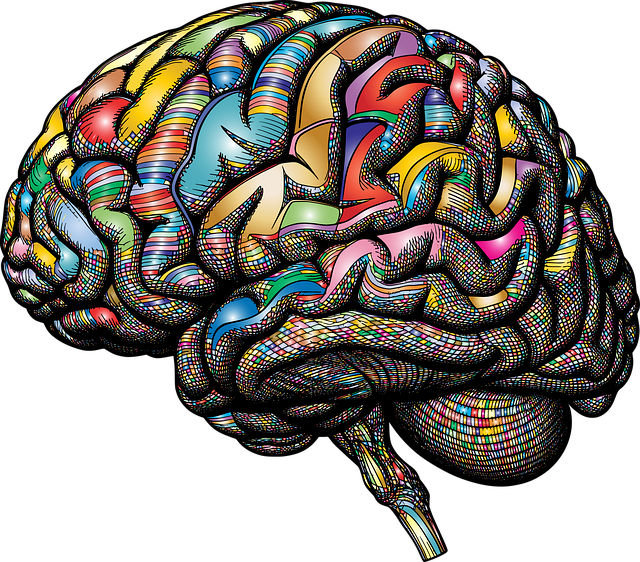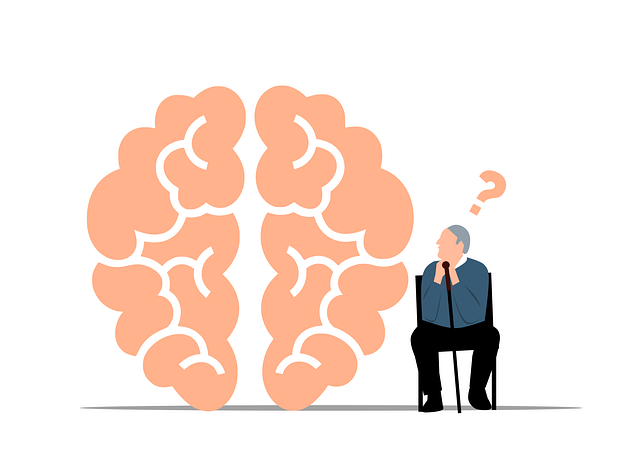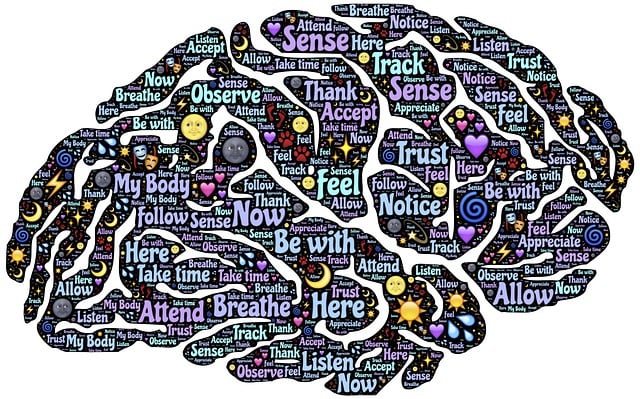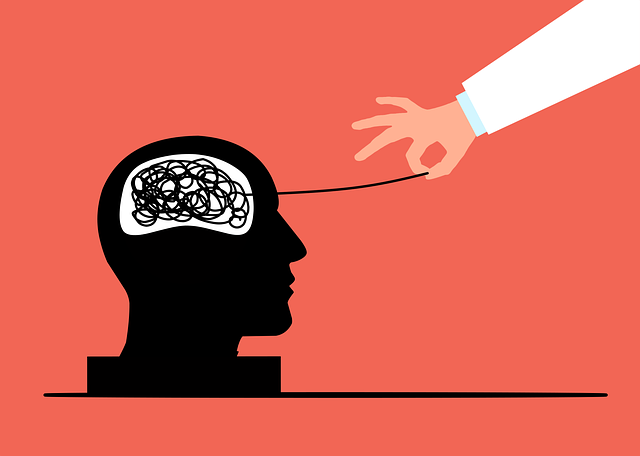Broomfield EMDR Therapy is a culturally sensitive mental healthcare approach that integrates eye movement desensitization and reprocessing (EMDR) with talk therapy, effectively treating trauma while respecting diverse cultural identities. To overcome communication gaps and stigma in diverse communities like Broomfield, mental health professionals must undergo Cultural Competency Training, adapt communication strategies, and implement burnout prevention techniques. This tailored care not only enhances treatment outcomes but also reduces mental illness stigma, fostering trust and collaboration for improved overall well-being.
Mental healthcare practices must embrace cultural sensitivity to provide effective treatment, especially in a diverse society. This article explores the importance of understanding cultural nuances in mental health support, focusing on the role of Broomfield EMDR Therapy (B-EMDR) as a tool for culturally competent practice. We discuss strategies for navigating cultural barriers, building trust with diverse clients, and offering inclusive care. By integrating B-EMDR and cultural awareness, therapists can deliver more tailored and accessible treatment.
- Understanding Cultural Sensitivity in Mental Healthcare
- The Role of Broomfield EMDR Therapy in Culturally Competent Practice
- Navigating Cultural Barriers and Building Trust
- Strategies for Providing Inclusive and Effective Treatment
Understanding Cultural Sensitivity in Mental Healthcare

Cultural sensitivity is a cornerstone in mental healthcare practice, ensuring that interventions are tailored to an individual’s cultural background and beliefs. It involves recognizing and appreciating the diversity within our communities, including differences in values, traditions, and communication styles. In the context of Broomfield EMDR Therapy, this means adapting therapeutic techniques to respect and incorporate the client’s cultural identity, fostering a safe and effective treatment environment.
Understanding cultural nuances is essential for mental health professionals as it can significantly impact treatment outcomes. Effective risk management planning for mental health professionals involves cultivating cultural sensitivity to prevent miscommunication or potential harm. By integrating conflict resolution techniques and burnout prevention strategies, healthcare providers can create an inclusive setting that promotes healing and supports clients from diverse cultural backgrounds.
The Role of Broomfield EMDR Therapy in Culturally Competent Practice

Broomfield EMDR Therapy plays a pivotal role in fostering culturally competent mental healthcare practices. This therapeutic approach, developed by Francine Shapiro, goes beyond traditional talk therapy by incorporating eye movement desensitization and reprocessing (EMDR). It’s particularly effective for individuals experiencing trauma, offering anxiety relief through a unique process that resynchronizes the brain’s processing of distressing memories. By addressing underlying emotional patterns and beliefs, Broomfield EMDR helps clients heal while respecting their cultural identities.
For healthcare providers, incorporating this method into their practice requires Cultural Competency Training. This training equips them with the skills to navigate diverse patient backgrounds, ensuring every individual receives care tailored to their unique cultural needs. By embracing such practices, mental health professionals not only enhance their ability to offer effective support but also contribute to broader Mental Health Awareness, fostering inclusive and accessible healthcare systems.
Navigating Cultural Barriers and Building Trust

Navigating cultural barriers is a pivotal aspect of providing inclusive mental healthcare. In a diverse society like Broomfield, where individuals from various ethnic and cultural backgrounds coexist, it’s essential for healthcare providers to recognize and address these barriers. Cultural differences can impact how individuals perceive and express their experiences with mental illness, leading to potential communication gaps. For instance, some cultures may stigmatize certain mental health conditions, hindering patients from openly discussing their struggles.
Building trust is a key strategy to overcoming these barriers. Effective communication strategies tailored to individual cultural needs can foster an environment where patients feel safe and understood. Healthcare provider training in cultural competency enhances their ability to recognize and appreciate these differences, enabling them to offer more personalized care. This approach, akin to the transformative power of Broomfield EMDR Therapy, not only reduces the stigma surrounding mental illness but also ensures that culturally sensitive practices become the norm, enhancing overall patient experiences and outcomes.
Strategies for Providing Inclusive and Effective Treatment

In providing inclusive and effective treatment, mental healthcare practitioners must adopt strategies that respect and incorporate cultural diversity. This involves understanding the unique beliefs, values, and practices of individuals from various backgrounds. For instance, incorporating elements of Broomfield EMDR Therapy can be highly beneficial, as it allows for a tailored approach that resonates with patients from diverse cultures. By integrating evidence-based techniques with an awareness of cultural nuances, therapists can create a safe and supportive environment.
Additionally, promoting self-care practices and encouraging the development of a consistent self-care routine can significantly enhance cultural sensitivity. This aspect is crucial in fostering trust and collaboration, as it shows respect for patients’ autonomy and ability to manage their mental health holistically. Such practices not only contribute to improved mood management but also empower individuals to actively participate in their journey towards well-being.
Cultural sensitivity is paramount in mental healthcare, ensuring every patient receives inclusive and effective treatment. By integrating strategies such as Broomfield EMDR Therapy, professionals can navigate cultural barriers, build trust, and foster a safe environment. Recognizing and respecting diverse cultural contexts is not just beneficial; it’s essential for delivering compassionate care that respects the soul of each individual seeking help.













